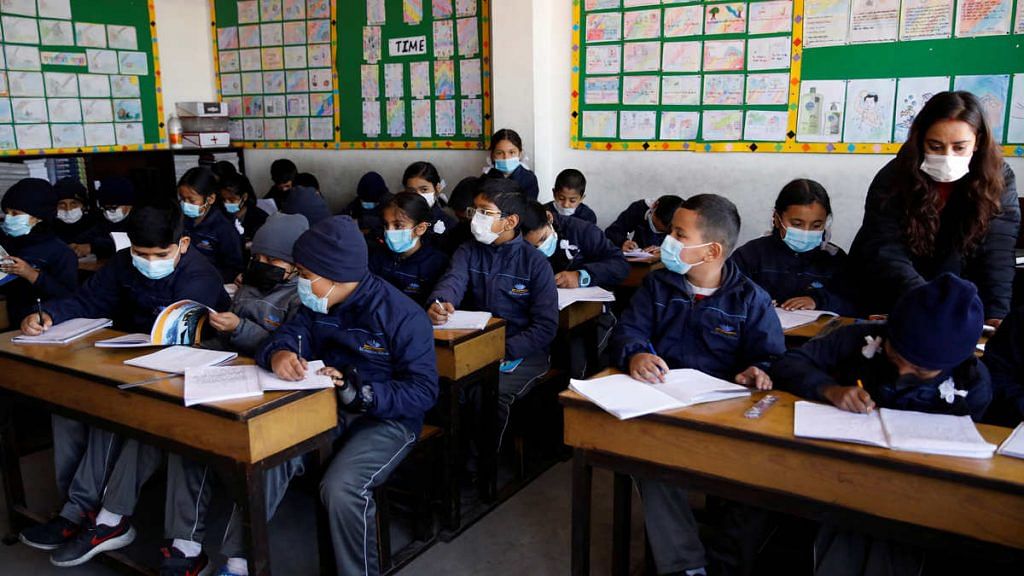New Delhi: Children with Covid-19 can shed the virus even if they are asymptomatic and long after their symptoms have cleared, a new study has suggested.
Published in the journal JAMA Pediatrics Friday, the study focused on 91 paediatric Covid patients from 22 hospitals across South Korea.
The study stated that about 22 per cent of the patients never developed symptoms, 20 per cent were initially asymptomatic, but developed symptoms later, and 58 per cent were symptomatic at their initial test.
Over the course of the study, the children were tested every three days on an average to understand how long virus shedding continues.
While the virus was detectable for an average of about two-and-a-half weeks in the entire group, about a fifth of the asymptomatic patients and half of the symptomatic patients were still shedding virus at the three week mark, the study stated.
Also read: Covid cases among children in US increased by 40% in late July
Questions about the findings
In a commentary attached with the survey, doctors from Children’s National Hospital in the US, wrote that the study made several important points that add to the knowledge base about Covid-19 in children.
One is that a large number of patients are asymptomatic. The second is that children can retain symptoms for weeks, contrary to the prevailing thought they are mostly mild and quickly disappear.
The third point is that asymptomatic children continued to shed virus for a long time after initial testing, which means that they can potentially spread the disease, wrote doctors Roberta L. DeBiasi and Meghan Delaney in the commentary.
They have, however, questioned the study on certain grounds.
For example, a testing platform that only tells whether a patient is “positive” or “negative” may not say much about the infectivity.
The tests come positive even with small amounts of genetic material from the virus that may not be able to make someone sick, the experts said.
It is also unknown whether asymptomatic individuals are shedding different quantities of virus than those with symptoms, they added.
“Each of these pieces of information that we, our collaborators and other scientists around the world are working to gather is critical for developing policies that will slow the rate of viral transmission in our community,” DeBiasi said.
Also read: India faces ‘lost generation’ as Covid pushes children out of school and into jobs
